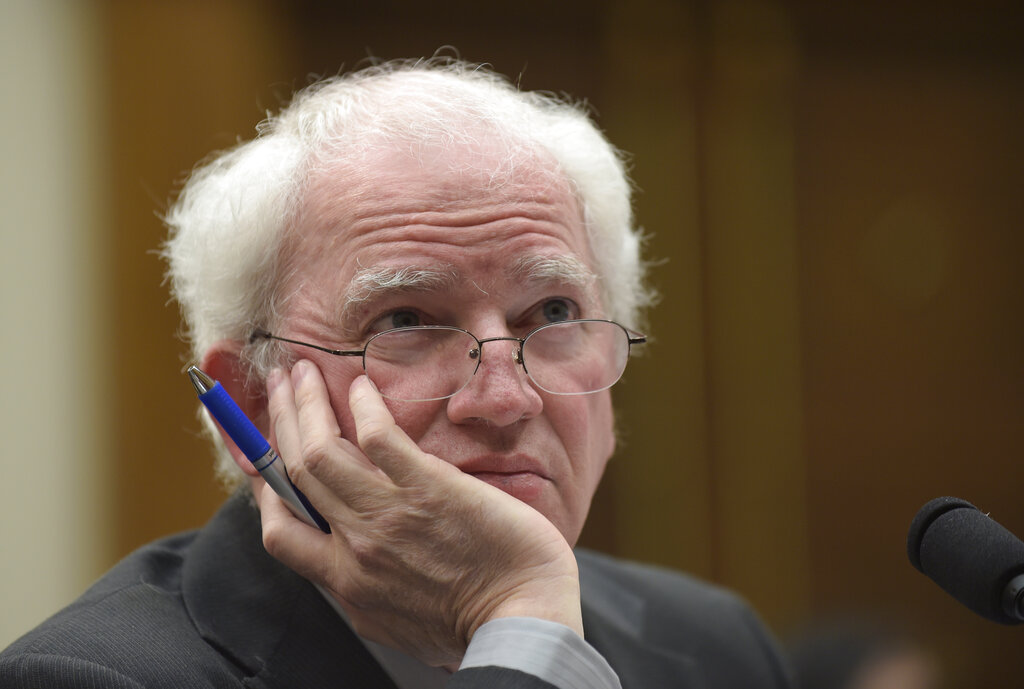A conservative lawyer subpoenaed by the Capitol riot investigators may have set himself up to lose any claim of privilege.
John Eastman, who wrote legal memos outlining ways former Vice President Mike Pence could try to overturn the 2020 election, made an admission months ago that could debilitate any argument to keep his conversations with former President Donald Trump confidential.
In the interview on May 5, during which Eastman was talking to Denver radio talk show host Peter Boyles, he spoke about meeting with Trump and Pence about contesting the election results and said he had permission to talk about it.
“And by the way, I would normally not talk about a private conversation I have with a client, but I have express authorization from my client, the president of the United States at the time, to describe what occurred — to truthfully describe what occurred in that conversation,” he said.
BOB WOODWARD FINDS ‘SEVEN CONSPIRATORIAL ACTIONS’ BY TRUMP AND BANNON
The House committee investigating the Capitol riot subpoenaed Eastman, along with several others, on Monday, seeking documents and testimony. Eastman recently distanced himself from the scenarios outlined in his memos during a National Review interview. He has also drawn interest for his participation in a so-called “war room” at the Willard Hotel with other Trump allies during the days surrounding the Capitol riot and because he spoke at the same rally Trump did the day of the siege.
A letter to Eastman, signed by Chairman Bennie Thompson, even cites the May 5 interview, noting, “You have stated publicly that President Trump has authorized you to discuss the matters at issue, this waiving any applicable attorney-client and attorney work product privileges.”
Watergate sleuth Bob Woodward agreed with this assessment and made the case that any argument for privilege would flounder in court.

“In a very important legal point, he said, ‘I would not normally talk about things like this, but I have been directed by the president of the United States’ — at that time that was Trump — ‘to tell and to talk’ — so he’s waived the privilege,” Woodward said on CNN on Tuesday. “And traditionally judges will look at this and say, ‘Hey, wait a minute, you’re out talking about it, but also you’re saying your client, the president of the United States specifically said, ‘Talk, explain,’ so how do you justify not talking to this committee or a grand jury and so … you’ve got 1 1/2 feet in the door already.”
CLICK HERE TO READ MORE FROM THE WASHINGTON EXAMINER
Trump, in court, and Steve Bannon have argued information sought by the committee is protected by executive privilege, which Rep. Liz Cheney, a Republican member of the Jan. 6 panel, said “appear to reveal” that Trump was “personally involved in the planning and execution” of the events on Jan. 6.
The House voted to hold Bannon in contempt of Congress for defying a subpoena. If the Justice Department prosecutes Bannon and he is convicted, he could face fines up to $100,000 and up to a year in prison.
